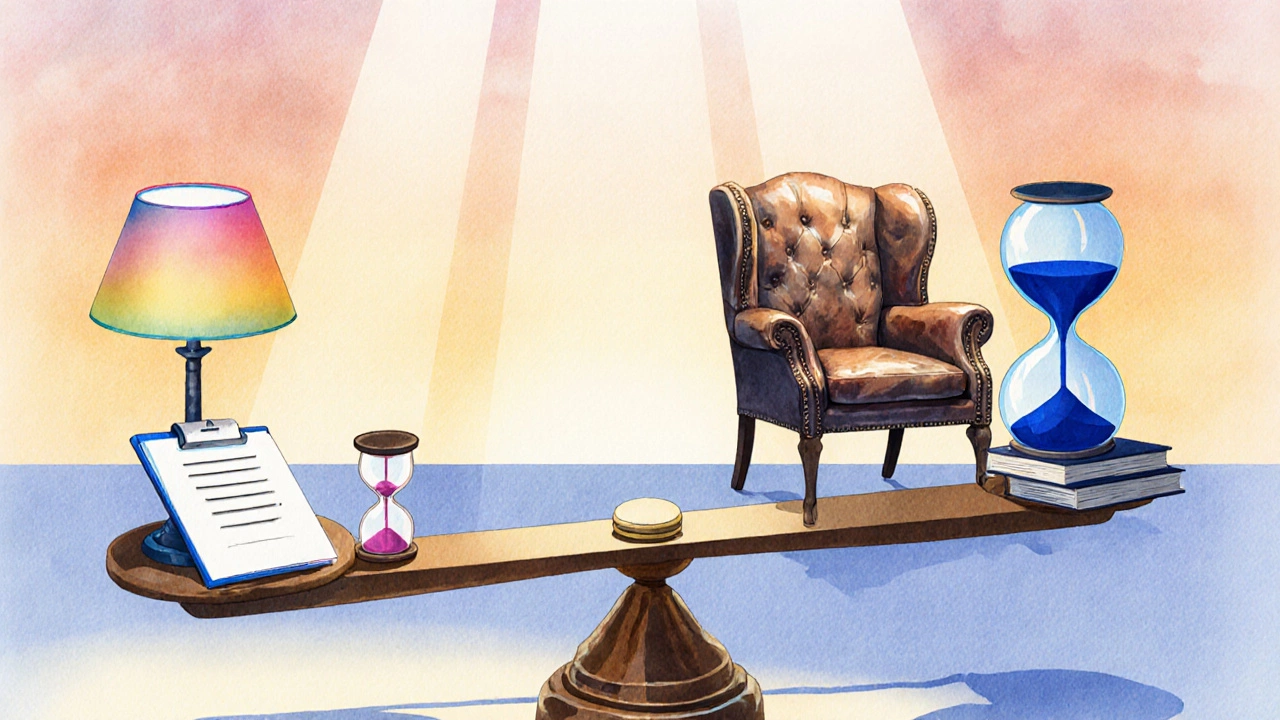Mental Health Made Simple: Everyday Strategies That Actually Work
Feeling overwhelmed? You’re not alone. Most people wrestle with stress, anxiety, or low mood at some point. The good news is you can take small, doable steps right now to feel better without spending hours on complicated techniques.
First, check your breathing. When you’re stressed, your breath becomes shallow and rapid. Try the 4‑7‑8 method: inhale for four seconds, hold for seven, exhale for eight. Do this three times and notice a quick calmness ripple through your body.
Move Your Body, Lift Your Mood
Physical activity isn’t just for fitness; it’s a powerful mood booster. You don’t need a marathon—just a brisk 10‑minute walk outside can release endorphins that lift your spirits. If you’re stuck indoors, try marching in place while watching a funny video. The key is consistency, not intensity.
Another trick is to break long sitting periods. Stand, stretch, or do a few squats every hour. Those micro‑movements keep blood flowing and help prevent the brain‑fog that often follows endless desk time.
Mindful Habits to Reduce Anxiety
Mindfulness doesn’t have to be a meditation marathon. Simple habits like naming five things you can see, hear, and feel in the present moment can ground you when anxiety spikes. This “5‑4‑3‑2‑1” technique works fast and can be done at work, on a bus, or while waiting in line.
Sleep is another pillar of mental health. Aim for seven to nine hours of consistent sleep. If you struggle to fall asleep, dim the lights an hour before bed, avoid screens, and try a warm shower. Your brain uses this downtime to sort emotions, so good sleep can lower irritability and worry.
Nutrition matters too. Foods rich in omega‑3s—like fish, walnuts, or chia seeds—support brain health. Pair them with leafy greens and whole grains for stable blood sugar, which helps keep mood swings in check.
Social connection is a hidden hero. Even a quick text to a friend can lift your mood. If you feel isolated, join a hobby group or volunteer for a cause you care about. Regular human contact reinforces a sense of belonging and reduces feelings of loneliness.
Finally, give yourself permission to seek help. Talking to a therapist or counselor isn’t a sign of weakness; it’s a smart step toward a clearer mind. Many platforms now offer affordable online sessions, making it easier to fit professional support into a busy schedule.
Remember, mental health is a daily practice, not a one‑time fix. Pick one or two of these tips, try them for a week, and notice how you feel. Small changes add up, and you’ll soon see a steady boost in mood, focus, and resilience.













